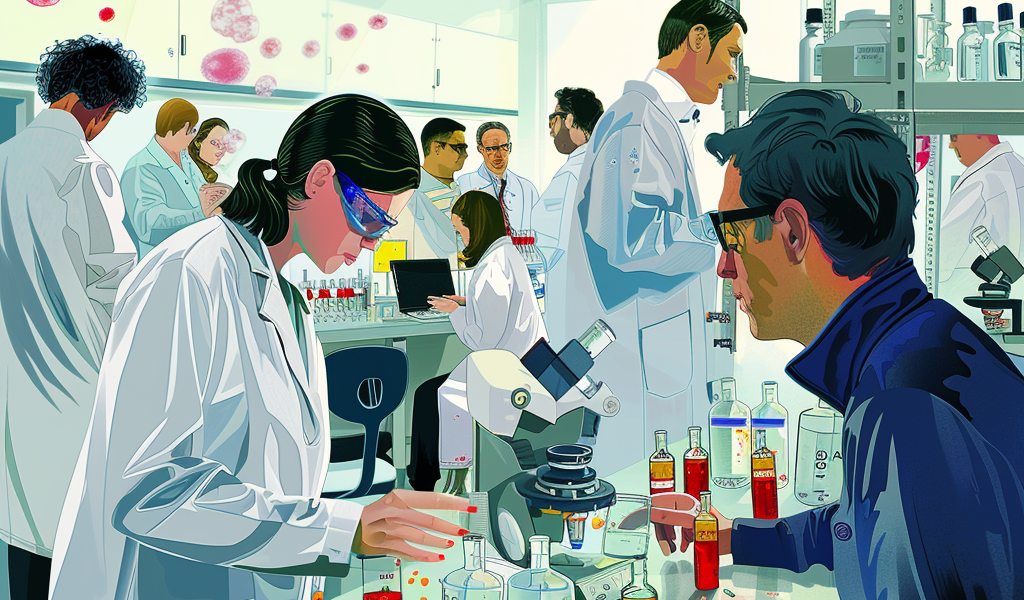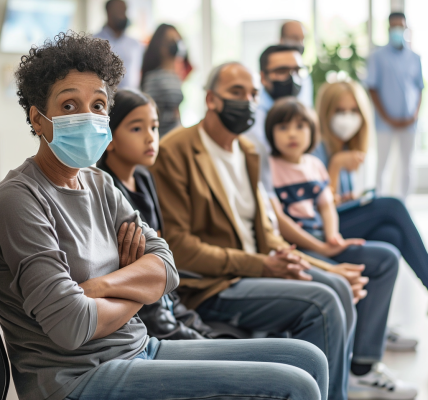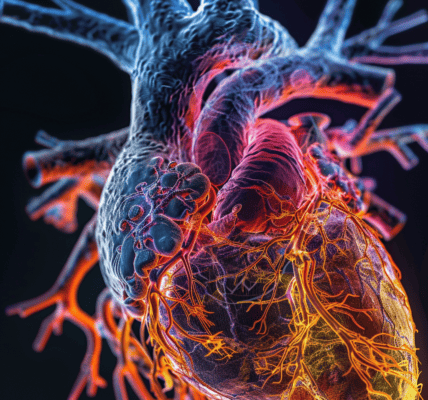In a groundbreaking advancement in cancer treatment, the National University Health System (NUHS) in Singapore has unveiled promising results from a novel chimeric antigen receptor (CAR)-T cell therapy targeting CD7 for patients suffering from relapsed or refractory T-cell acute lymphoblastic leukaemia (T-ALL). This innovative therapy, developed in collaboration with the Yong Loo Lin School of Medicine at the National University of Singapore, represents a significant leap forward in offering hope to individuals who have not responded to traditional treatment methods.
The CAR-T cell therapy specifically targets the CD7 protein found on the surface of leukaemia cells. By modifying the patient’s own T cells to express an anti-CD7 CAR, the therapy aims to enhance the immune response against cancerous cells. This approach is particularly vital for patients with T-ALL, a subtype of leukaemia characterized by the rapid proliferation of immature T cells.
Between April 2019 and October 2023, the therapy was administered to a cohort of 17 patients at the National University Hospital (NUH) in Singapore and the Ospedale Pediatrico Bambino Gesù in Rome, Italy. The age of participants ranged from two to 72 years, all of whom had T-ALL that was either resistant to chemotherapy or had relapsed following previous treatments.
Professor Dario Campana, a key figure in the project, highlighted that this therapy is designed to be fratricide-resistant, meaning that it can effectively target and eliminate leukaemia cells without harming the patient’s healthy T cells. This is a crucial aspect, as traditional CAR-T therapies can sometimes lead to unintended consequences, including the depletion of the patient’s immune system.
The results of the therapy have shown encouraging outcomes, with several patients experiencing significant reductions in their cancer burden. The ability to harness and reprogram the body’s immune cells to fight cancer represents a revolutionary approach in oncology, particularly for those who have limited options left.
As the clinical trials continue, researchers are optimistic about the potential of this therapy to not only improve survival rates but also enhance the quality of life for patients battling this aggressive form of leukaemia. The success of the CD7 CAR-T cell therapy could pave the way for similar treatments targeting other types of cancers, expanding the arsenal of tools available in the fight against malignancies.
This innovative therapy aligns with the growing trend in precision medicine, where treatments are tailored to the individual characteristics of each patient’s disease. By focusing on specific markers like CD7, researchers aim to create more effective and less toxic treatment options that can be personalized based on a patient’s unique cancer profile.
The collaboration between Singapore’s NUHS and Italy’s Ospedale Pediatrico Bambino Gesù showcases the importance of international partnerships in advancing healthcare solutions. Such collaborations not only enhance research capabilities but also facilitate the sharing of knowledge and resources, ultimately benefiting patients worldwide.
As the medical community continues to explore the potential of CAR-T cell therapies, the results from the CD7-targeted treatment may serve as a catalyst for further research and development. The hope is that through ongoing innovation, more patients will have access to life-saving therapies that can transform the landscape of cancer treatment.
In summary, the promising results from the CD7 CAR-T cell therapy highlight a significant advancement in the treatment of T-cell acute lymphoblastic leukaemia. With continued research and clinical trials, this therapy could represent a beacon of hope for patients facing the challenges of relapsed or refractory T-ALL.





